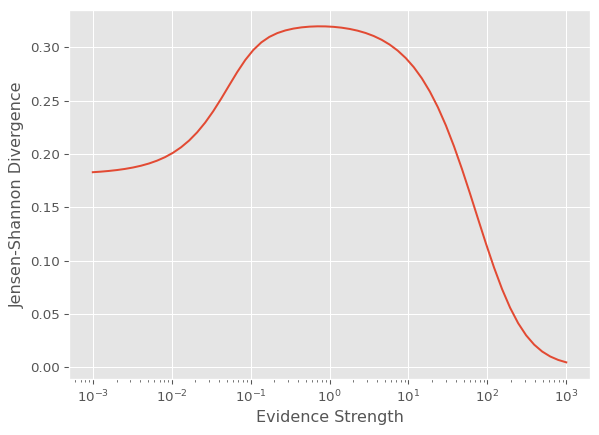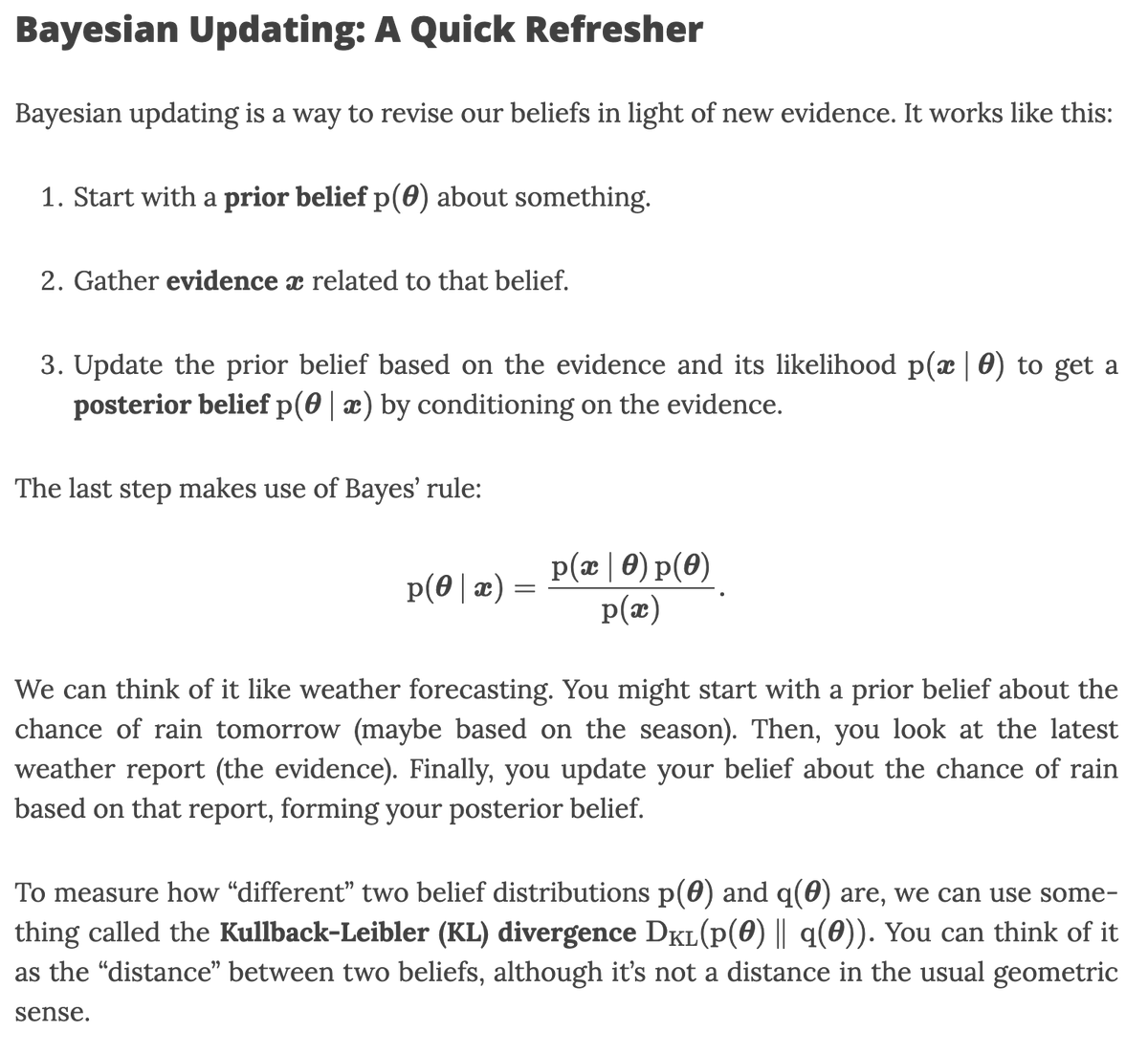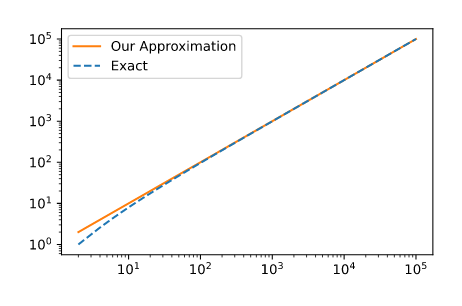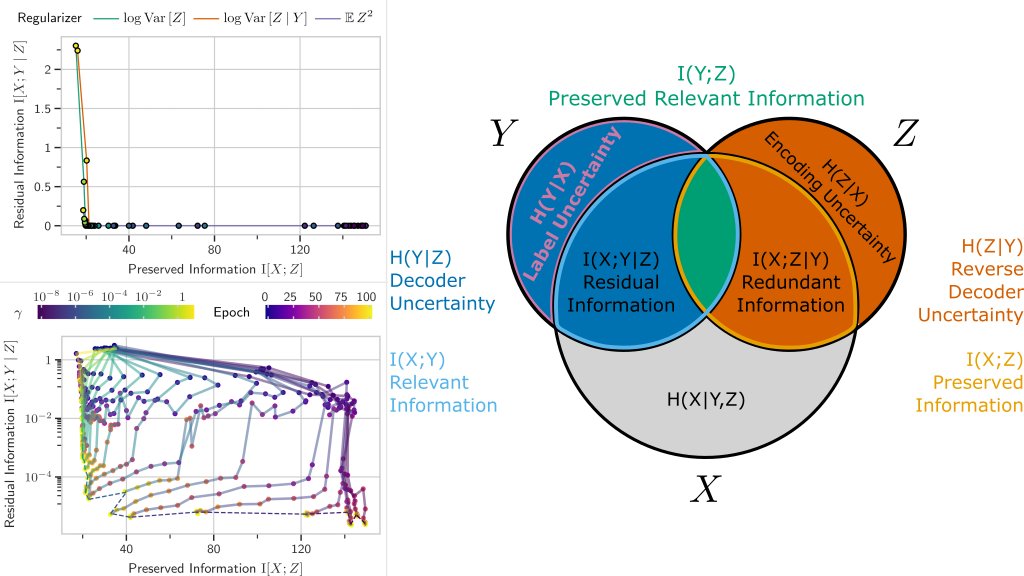Given that the @TheSun published a piece with statements and new samples from the authors in a way that is everything we are worried about in the ML community and we want to avoid and prevent, I was wrong.
This sort of scientific communication is indefensible and appalling.
This sort of scientific communication is indefensible and appalling.
https://twitter.com/BlackHC/status/1310277321962778624
I'm speechless given the quotes of the authors in the article and how they could think that it is in any way helpful to the sensitive debates that are happening.
It's like a nightmare come true, and the way the findings are presented in the article is harmful.
It's like a nightmare come true, and the way the findings are presented in the article is harmful.
How are we supposed to support a discussion of existing biases in a descriptive way that is not harmful and looks at historical and contemporary trends, when the authors then use it in a prescriptive way out of context?
This is not acceptable communication of research results.
This is not acceptable communication of research results.
I'm sad that I was wrong because I really feel that lately discourse has got out of hand and has been rather vitriolic too often. It's sad for academic discourse.
However, given this article, I might have just been too naive to see what many others were already seeing.
However, given this article, I might have just been too naive to see what many others were already seeing.
@TheSun's piece is propagating phrenology and must be disavowed. I really hope that @baumard_nicolas and co-authors (@CoralieChevall1, @JulieGrezes) will comment on their involvement, and @ecolenormalesup and @cnrs will take a position as well.
Their conduct looks like it could bring into disrepute the field of research and what @ecolenormalesup and @cnrs stand for and ought to be reconsidered or investigated at the very least.
• • •
Missing some Tweet in this thread? You can try to
force a refresh













